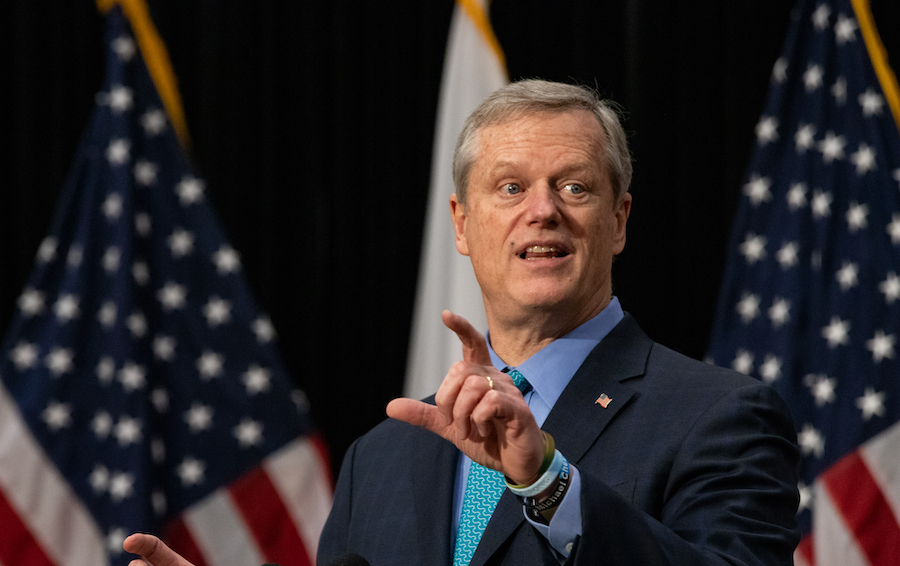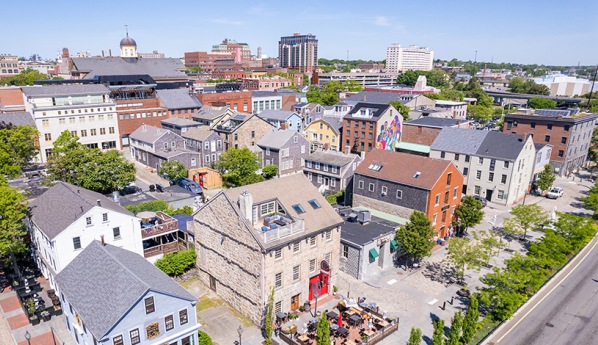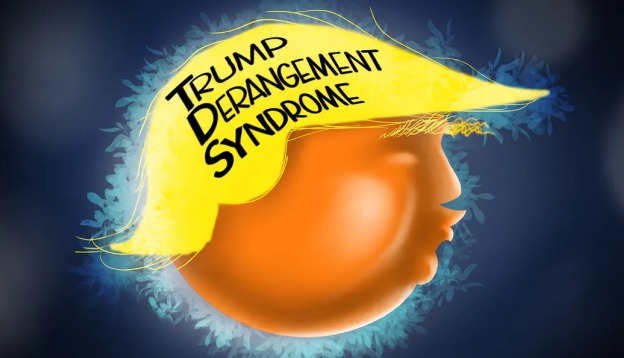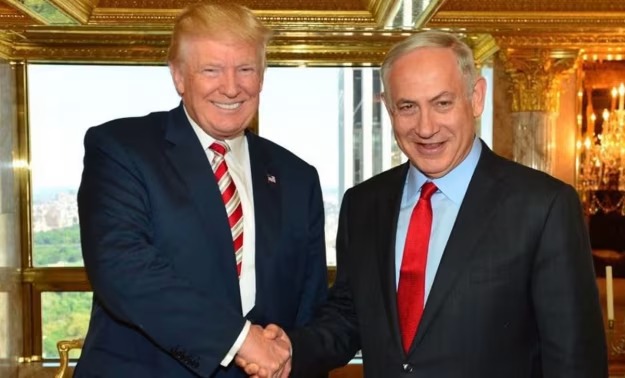By Katie Lannan
State House News Service
Shops, restaurants, gyms and other businesses will be able to welcome more patrons into their spaces starting Monday after Gov. Charlie Baker on Thursday announced he’ll ease the capacity restrictions he imposed in hopes of tamping down COVID-19 spread during the holiday season.
Restaurants, close-contact personal services, movie theaters, casinos, office spaces, places of worship, retailers, driving and flight schools, libraries, arcades, fitness centers and museums have all been operating at a maximum capacity of 25 percent since Dec. 26.
Citing positive trends in COVID-19 data since the start of 2021, Baker said those limits will increase to 40 percent at 5 a.m. Monday. For businesses without a recorded capacity allowance, the limit will rise from five people per 1,000 feet to eight people per 1,000 feet.
Gathering limits, which are not part of the business restrictions, will remain at 10 people indoors and 25 outdoors, Baker said, and indoor performance venues and recreational businesses will remain closed until there is further “sustained improvement” in public health data.
“We know that these restrictions have been and continue to be enormously difficult for large and small businesses, their employees and individuals everywhere, but we’re making progress in this battle against COVID, and everyone’s hard work and preparation is now making it possible for us to continue to step back to what we might call a new normal,” the governor said.
When Baker first announced the stricter capacity limits, on Dec. 22, he said they were intended to “pause activity and reduce mobility” for at least the two weeks immediately following Christmas in hopes of preventing a significant jump in COVID-19 cases and hospitalizations that could overwhelm the state’s medical system. At the time, the seven-day average positive test rate was 5.94 percent and 1,991 COVID-19 patients were hospitalized.
As of Wednesday, the positivity rate was 3.3 percent and 1,635 people were in hospitals for COVID-19 care.
Hospitalizations are down 33 percent since an early January peak, and the seven-day average of new cases, at 3,274, is down by about 53 percent from a peak of 6,120, Baker said Thursday.
Baker said “a lot of people” are speculating about what created a decline so much steeper than was experienced last year as the state slowly emerged from the first COVID-19 surge in the spring.
He said he would “leave the speculation on this one to others,” but suspected a number of factors came into play, including business restrictions and personal decisions.
Steve Walsh, head of the Massachusetts Health and Hospital Association, said the willingness of residents and businesses to adhere to the capacity limits “has played in important role in keeping our healthcare system from being overwhelmed” and cautioned of “how quickly things can change when we let our guard down.”
“For the good of our healthcare system and the caregivers who have now fought this battle for over a year, we are again asking everyone to continue following all of the public health measures that have gotten us this far,” Walsh said.
Baker said that people should continue taking the same steps government and health officials have been advising for months: avoid spending time with members of other households, avoid unmasked, informal gatherings, and continue to practice social distancing.
Asked about his decision to loosen restrictions now that variants of COVID-19 that seem to spread more quickly and easily have been detected in the United States — including at least two cases of the B.1.1.7 variant in Massachusetts — Baker said his administration has been talking regularly “to people in the health care community about this issue.”
“Let’s remember that we’ve been assuming that the variants have been here for quite a while, discovered or not, and they’ve been reported when they’ve been discovered, but our assumption, based on the information we got from the health care folks, was that we should be presuming, dating back into December and maybe even as far back as Thanksgiving that at least the first variant and maybe the second one was already here,” he said. “And yet we have seen dramatic declines in both hospitalizations and case counts since sort of early January.”
Christopher Carlozzi, the senior state director for the National Federation of Independent Business, called the higher occupancies “welcome news” for the small businesses that have been “desperately fighting to survive with one hand tied behind their back due to the government-ordered 25% capacity limits.”
“Most of these small businesses have struggled to bring in enough revenue to pay the bills, so even 40% of capacity is good news and it offers hope that we are on a path to normalcy,” he said. “Now we need customers willing to safely support small businesses to dine out, shop, get a haircut, or head to a fitness center.”
Baker, Lt. Gov. Karyn Polito and Housing and Economic Development Secretary Mike Kennealy on Thursday also announced the award of $173.9 million in Massachusetts Growth Capital Corporation relief grants to 4,043 small businesses in industries hardest hit by pandemic disruptions and most affected by government restrictions.
This round of grantees, Polito said, includes more than 1,300 restaurants, bars, caterers and food trucks, more than 1,200 personal care and beauty businesses, 554 independent retailers, 462 event support companies, 371 gyms and fitness centers and 124 indoor recreation or entertainment venues.
So far, vaccines have been limited to health care workers, first responders, people living in nursing homes or congregate care settings, and those age 75 and older. Restaurant, grocery, transit and other workers in public-facing jobs are not yet eligible to receive COVID-19 vaccinations in Massachusetts.
Those groups of workers fall into a later part of the vaccine plan’s second phase, which is now underway and expected to run through at least April. Baker said there is still “work to do to get through” the groups that are currently eligible.
“Restaurants can return to 40% capacity right in time for Valentine’s Day but kitchen and waitstaff, who often work in small spaces, hold multiple jobs, and come in constant contact with the unmasked (eating) public still aren’t prioritized for vaccines,” Rep. Lindsay Sabadosa said on Twitter. “Something is off.”
Polito said restaurant workers do not count toward the 40 percent capacity restriction.
 New Bedford Guide Your Guide to New Bedford and South Coast, MA
New Bedford Guide Your Guide to New Bedford and South Coast, MA









